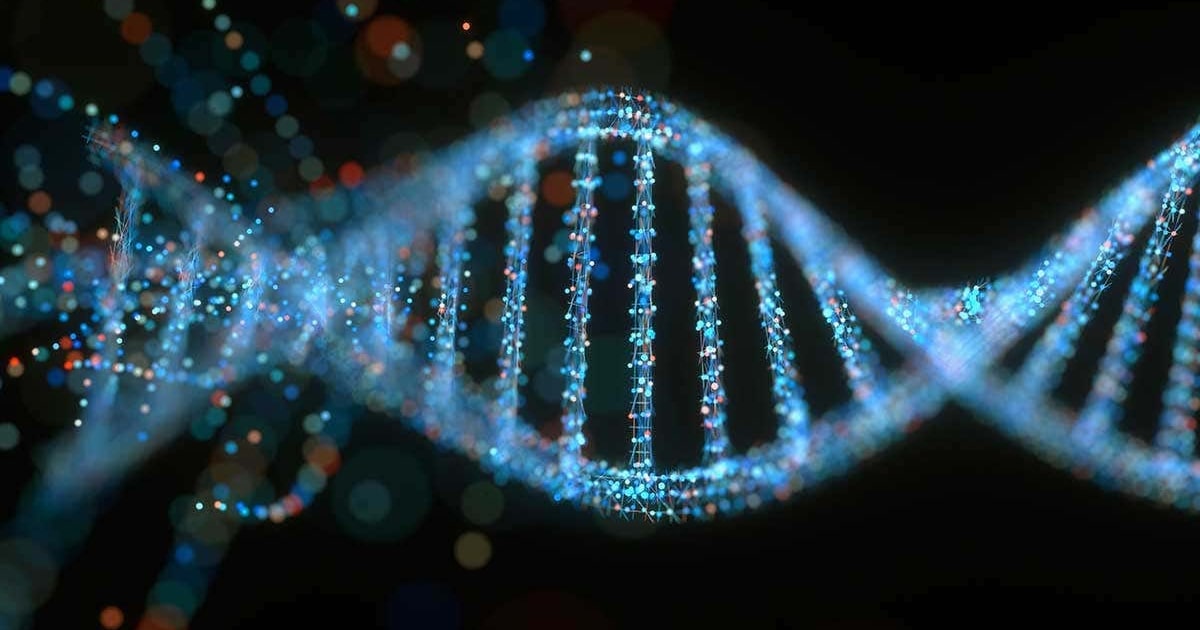
Expert Reviewed By: Dr. Brandon Colby MD
Urofacial Syndrome 2 (UFS2) is a rare genetic disorder characterized by a peculiar combination of urinary and facial abnormalities. Patients with this condition often face significant challenges, including urinary incontinence and an unusual facial expression when smiling. Understanding and diagnosing this condition can be complex, but advancements in genetic testing have opened new doors for patients and healthcare providers alike.
Understanding Urofacial Syndrome 2
Urofacial Syndrome 2 is a genetic disorder typically inherited in an autosomal recessive pattern. This means that an affected individual has received a defective gene from both parents. The condition is part of a broader category of disorders known as congenital disorders of the urinary tract and is linked to mutations in specific genes responsible for normal urinary and facial muscle function.
The Promise of Genetic Testing
Genetic testing has become an invaluable tool in the diagnosis and management of rare genetic disorders like UFS2. By analyzing an individual's DNA, healthcare providers can identify specific genetic mutations responsible for the condition. This not only aids in confirming a diagnosis but also provides critical information for managing the disease and offering genetic counseling to affected families.
Early Diagnosis and Intervention
One of the most significant benefits of genetic testing for UFS2 is the potential for early diagnosis. Identifying the genetic mutation responsible for the disorder allows for earlier intervention, which can improve patient outcomes. Early diagnosis can lead to timely medical management of urinary issues and may help in addressing developmental concerns associated with the syndrome.
Personalized Treatment Plans
Genetic testing can also facilitate the development of personalized treatment plans. By understanding the specific genetic mutation involved, healthcare providers can tailor interventions to the individual needs of the patient. This personalized approach can optimize the management of symptoms and improve the quality of life for those affected by UFS2.
Genetic Counseling for Families
For families affected by UFS2, genetic testing offers valuable insights that can guide family planning and provide peace of mind. Genetic counseling, informed by testing results, helps families understand the risk of passing the disorder to future generations. It also empowers them with knowledge about the condition, enabling them to make informed decisions about their health and the health of their children.
Research and Future Directions
Beyond individual patient care, genetic testing contributes to broader research efforts aimed at understanding UFS2 and similar genetic disorders. By compiling data from genetic tests, researchers can identify patterns and potentially discover new therapeutic targets. This research is crucial for developing future treatments and improving the lives of those with UFS2.
Conclusion
Urofacial Syndrome 2 presents unique challenges for patients and healthcare providers. However, the advent of genetic testing has revolutionized the approach to diagnosing and managing this rare disorder. By enabling early diagnosis, personalized treatment, and informed genetic counseling, genetic testing provides hope and clarity for those affected by UFS2. As research continues to advance, the future holds promise for even more effective interventions and improved outcomes for patients worldwide.
For more detailed information on genetic testing and its applications in rare genetic disorders, refer to the study on Kleefstra syndrome 2, which highlights the importance of genetic insights in understanding complex conditions. Read the study here.
About The Expert Reviewer
Dr. Brandon Colby MD is a US physician specializing in the personalized prevention of disease through the use of genomic technologies. He’s an expert in genetic testing, genetic analysis, and precision medicine. Dr. Colby is also the Founder of and the author of Outsmart Your Genes.
Dr. Colby holds an MD from the Mount Sinai School of Medicine, an MBA from Stanford University’s Graduate School of Business, and a degree in Genetics with Honors from the University of Michigan. He is an Affiliate Specialist of the American College of Medical Genetics and Genomics (ACMG), an Associate of the American College of Preventive Medicine (ACPM), and a member of the National Society of Genetic Counselors (NSGC)